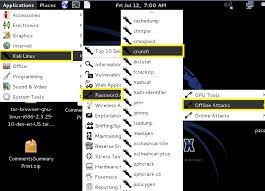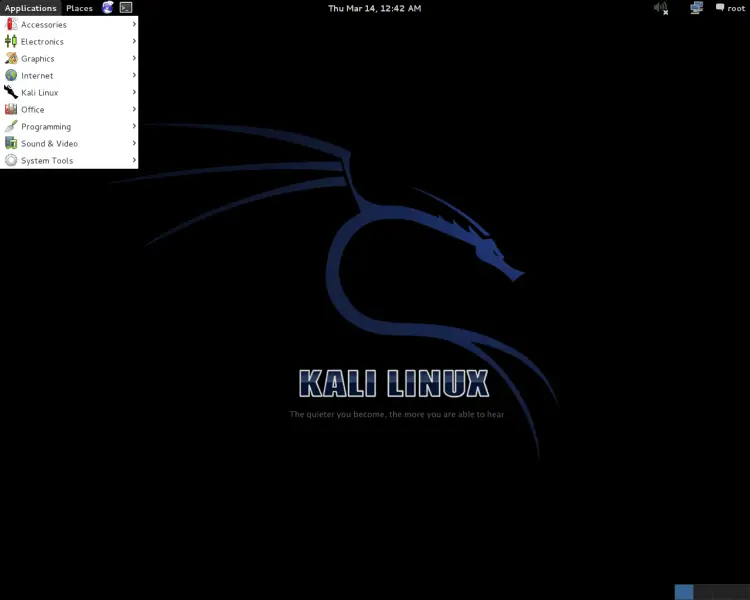
I used BackTrack 5 OS. I have a small inquiry about the latest version which is the Kali Linux. I wanted to install it but when I checked on the specifications, it says, the new version is based on Ubuntu. For all I know, Kali Linux is based on Debian and it seems very confusing. What are the difference between the two OS? Is it possible to install my old software to Kali Linux?
Answered By
de Blair
10 points
N/A
#186489
What are the new features in Kali Linux according to backtrack.

Hi,
After using BackTrack Linux, for very long and being very popular back days, people became impatient with a few nagging issues like with non-responding drivers and un-updatable tools. It was time some new ultimate application- Kali Linux.
We can say that “Kali Linux” is an enterprise-ready version of BackTrack Linux which is advanced, secure, robust, as well as most stable penetration testing distribution today. The basic core functions may be remaining same but some packages may have been swapped out for alternatives, depending on what you want to do. This is because Kali Linux is based upon Debian (Wheezy) OS, unlike BackTrack, which was based upon Ubuntu OS.
Now as it is well known that Ubuntu is derived from Debian only, this factor boost up Kali Linux with much more key benefits over BackTrack:
FHS-Compliant System: Kali have a “File Hierarchy Standard Compliance” system, i.e. now you need not to navigate through the /pentest tree, but you will be able to call any tool from anywhere on the system as all application will be included in the system path only.
Overall Desktop-Environment Customization Flexibility: Debian compliant system and newly created repositories by Offensive Securities (creators of Kali) allow flexibility in generating your own updated Kali ISOs, with any desired desktop environment. Like, KDE, LXDE or XFC. Now you can Bootstrap ISOs directly from repositories and even perform enterprise network installs from a local or remote repository if you want.
Debian-Compliant 300+ Tools: Kali is packaged with more than 300 of useful Debian-Compliant tools, from which are lots are added by default, rest you can always download from repository, without fear of breaking up anything.
Easy Upgrades and Updates. Debian compliant system possesses the ability to seamlessly upgrade future major version of Kali. No more reinstalling your distro due a new version of Kali coming out.
Package Updates from Debian: Repositories synchronize with the Debian repositories to constantly provide the latest package updates and security fixes available.
Streamlined Development technics: As Kali source packages are Debian compliant, hence now sources of each tool can be quickly and easily get, modified and rebuild them using some commands, whenever required.
Automatic Kali Installations: Kali Linux installations can be automated via pre-seed files. This allows for enterprise wide customization and deployment on multiple systems.
ARM Device Support: Offensive Security has donated a Calxeda ARM cluster to the Kali project, allowing reliable and long term development of Kali Linux ARM images. Kali is available for following arm devices: rk3306 mk/ss808, Raspberry Pi, ODROID U2/X2, Samsung Chrome book, EfikaMX, Beaglebone Black, CuBox and Galaxy Note 10.
Moreover some more small but important features and differences:
Firefox of BackTrack is replaced by Iceweasal.
Bluetooth connectivity problem no more exist with Kali. So as with inability to control back light.
No more manually bringing up of GIU is required. Kali loads up it by default.
Though one drawback so far, the Nessus Vulnerability scanner in not pre-installed like it was in BackTrack 5. You have to install it from debian package.
Kali is smaller in size of some 2 GB(BackTrack 5, 3 GB approx.)


Hope this was helpful.














